HPV – HUMAN PAPILLOMAVIRUS:
HPV infection is a viral infection that commonly causes skin or mucous membrane growths (warts)
These warts can occur anywhere on the skin, the cervix or the genitals.
There are a lot of varieties of HPV. Some types of HPV infection cause non cancerous warts or papillomas , and some can cause different types of cancer.
Most HPV infections don’t lead to cancer. But some types of genital HPV are found to be associated with cancer of the lower part of the uterus that connects to the vagina (cervix)
Other types of cancers, including cancers of the anus, penis, vagina, vulva and back of the throat (oropharyngeal) have been linked to HPV infection.
These infections are often transmitted sexually or through other skin-to-skin contact.
There’s no cure but the infection often resolves in time. However, if HPV becomes a long term infection, the risk of cancer increases.
Vaccines can help protect against the strains of HPV most likely to cause genital warts or cervical cancer
HPV vaccines:
Routine HPV vaccination is recommended for girls and boys ages 11 and 12, although it can be given as early as age 9 and 10
It’s recommended to have a three-dose schedule.
The most recent vaccine is Gardasil, which is approved for use in males and females ages 9 to 45 to protect against genital warts and cervical cancer.
What are some of the treatments used?
A range of vitamins are often used to boost the immune system in an effort to help it clear the virus. Ultimately, repeat screening is required and if still present, referral for further investigations takes place.
An Integrative medical approach involves supporting the body’s methylation and immune systems to fight the wart virus.
Vitamin C – 1000mg x 2 times a day for 3 months
Vitamin D 5000iu x 1 a day for 4 months
Zinc 50mg x 1 a day for 3 months
Optimized Folate x 1 day for 3 months
Consider:
N-Acetyl Cysteine (NAC) is another powerful supplement that can help fight and prevent the development of HPV naturally. NAC raises your natural levels of glutathione, an antioxidant your body produces naturally. This antioxidant boosts your immune system and helps your immune system stay strong to fight off bacteria, viruses, and pathogens before they can cause a more serious health problem. NAC is best used for three months only.
Probiotics are living microorganisms that promote the health of the host by improving the microflora. A recent meeting (The Danone Symposium ‘Immunity and Probiotics’ was held at Bonn, Germany on 29–30 October 1998) focused on the immunoregulatory properties of probiotics with the aim of identifying their cellular and molecular mechanisms of action.
Vitamins
The vitamins A, B6, B12, C, D, E and folic acid and the trace elements iron, zinc, copper and selenium work together to support the immune system’s cells. All these nutrients, with the exception of vitamin C and iron, are essential for antibody production. Overall, inadequate intake and supply of these vitamins and trace elements may lead to poor immunity, which predisposes to infections and aggravates malnutrition. Therefore, supplementation with these selected micronutrients can support the body’s natural defence system by enhancing all three levels of immunity.
References
Maggini S, Wintergerst ES, Beveridge S, Hornig DH. Selected vitamins and trace elements support immune function by strengthening epithelial barriers and cellular and humoral immune responses. Br J Nutr
. 2007;98 Suppl 1:S29-S35. doi:10.1017/S0007114507832971
Piyathilake CJ, Macaluso M, Brill I, Heimburger DC, Partridge EE. Lower red blood cell folate enhances the HPV-16-associated risk of cervical intraepithelial neoplasia. Nutrition
. 2007;23(3):203-210. doi:10.1016/j.nut.2006.12.002
Tamura J, Kubota K, Murakami H, et al. Immunomodulation by vitamin B12: augmentation of CD8+ T lymphocytes and natural killer (NK) cell activity in vitamin B12-deficient patients by methyl-B12 treatment. Clin Exp Immunol . 1999;116(1):28-32. doi:10.1046/j.1365-2249.1999.00870.x

